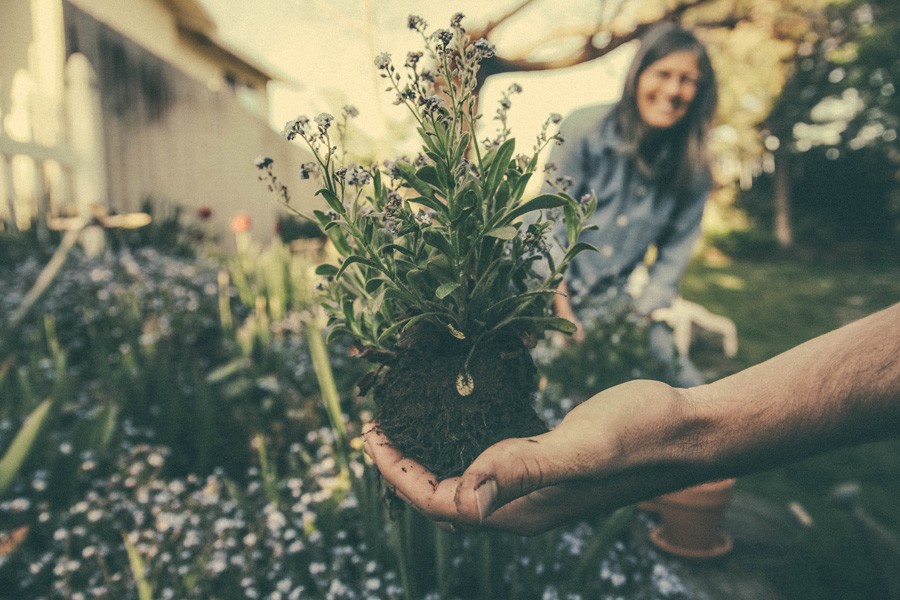It’s official. Research has confirmed what many of us already experience, that gardening is good for our wellbeing.
Spring is springing, trees are taking on that beautiful green tinge, bulbs are starting to emerge from hibernation and, of course, so are the weeds.
If you are already an avid gardener, you’ll know how good it feels to be out in the garden and connecting with nature. For those of us, like me, who are a little more hesitant and don’t possess that green thumb, this research has come at an opportune time to get us motivated.

Research has established that “connecting with nature”—whether that’s a walk on the beach, a stroll through a forest, or going through a local, leafy park—enhances our general sense of wellbeing.
However, this 2017 meta-analysis specifically examines the effects of gardening, including horticultural therapy, on health, by comparing the health outcomes of people before participating in gardening (and/or who were non-gardeners), with those of people after they took part in gardening activities (or who were already regular gardeners).
Overall, the results found that participating in gardening activities had a significant positive impact on health. These benefits included reductions in depression and anxiety symptoms, and body mass index. They also found increases in life satisfaction, quality of life, sense of community and cognitive function.
If I garden, when will I see or feel the benefits?
Interestingly, participants reported almost immediate increases in their sense of wellbeing following gardening. Understandably, the physical health benefits took longer to kick in.
How much gardening do I need to do feel some benefit?
The studies showed that even short periods (several hours) of exercise in the garden can provide an instantaneous positive impact on our mood. Further, that these benefits persisted 3 months following the activity. It was also found that repeated short-term exercise in the garden had a cumulative effect on health.
So what’s going on?
What are the pathways through which gardening promotes our sense of wellbeing? Firstly, and one of the most direct pathways, is through our direct experience with nature. “Attention restoration theory” (Kaplan, 1995) suggests that being in nature is restorative for our minds and can help us recover from attention fatigue.
Secondly, the physical exercise promotes physical fitness which, in turn, promotes psychological wellbeing.
Community gardening also promotes and reinforces a sense of connection to others and experiences of positive emotions. Resilience and positive psychology research clearly shows that connecting with others is one of the key foundations of a full and meaningful life.
Lastly, and the least direct pathway, is that gardening could help people have a healthier diet, rich in fruits and vegetables, by growing it themselves.
From reading this research, I will now reframe my thinking around gardening. Rather than viewing gardening as a chore and “must do”, I will now view gardening as another way that I can boost not only my own but others’ psychological and physical wellbeing.
Happy gardening!
Written by Karen



